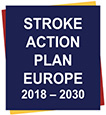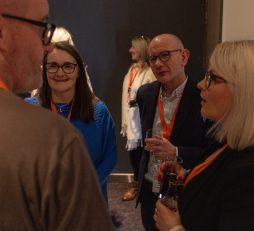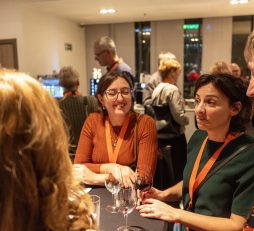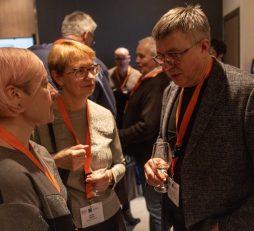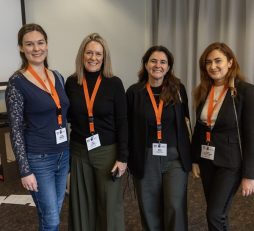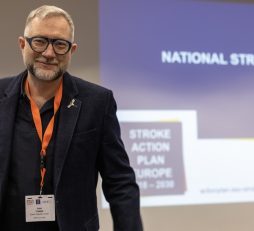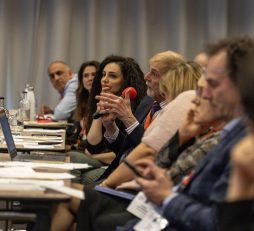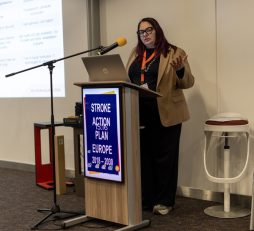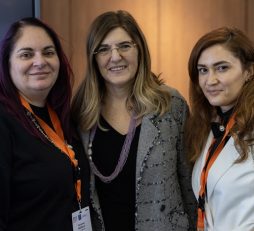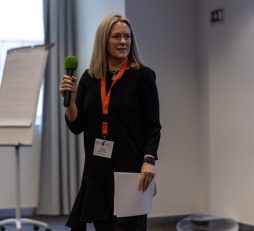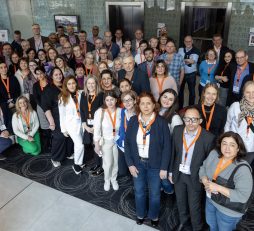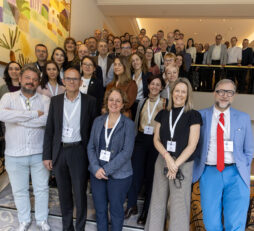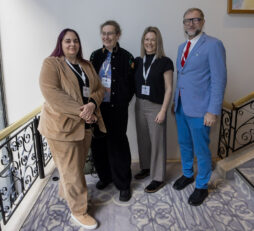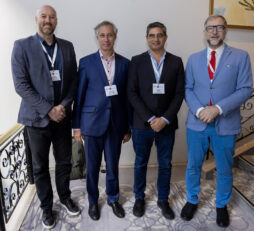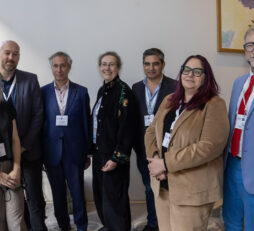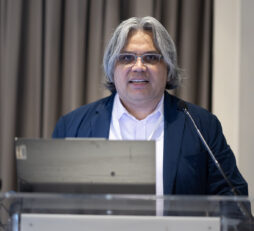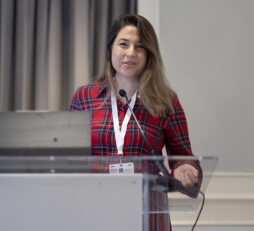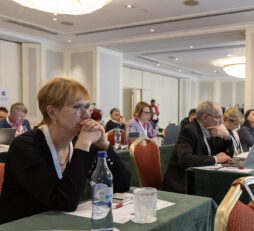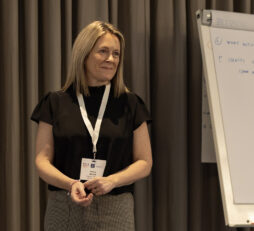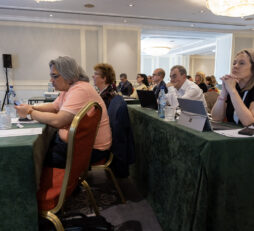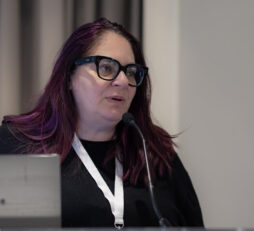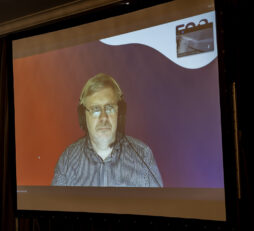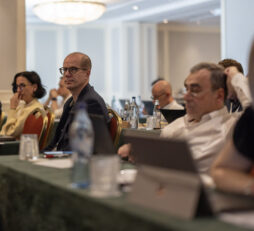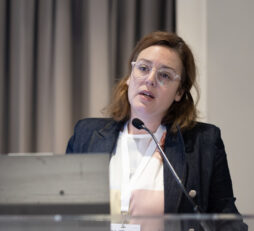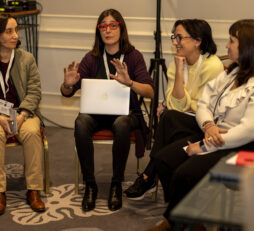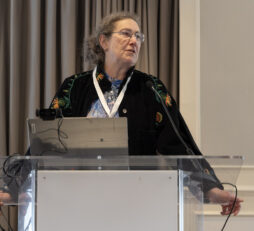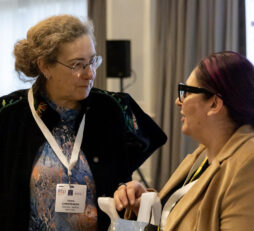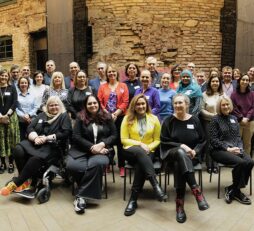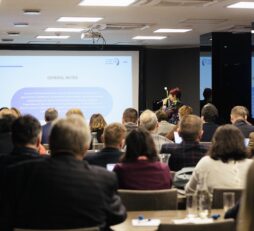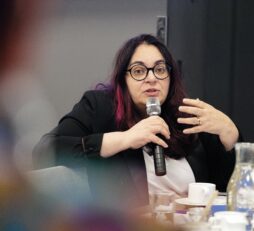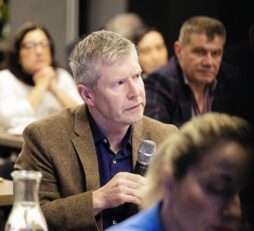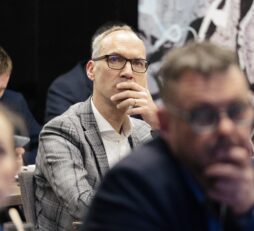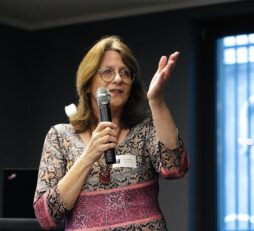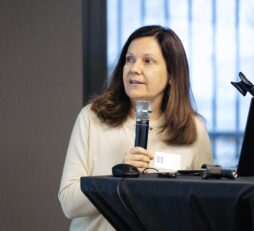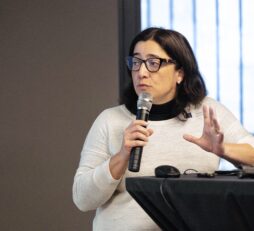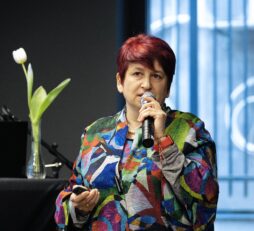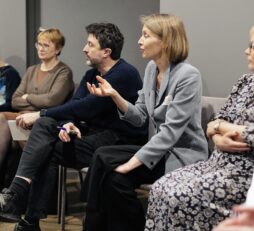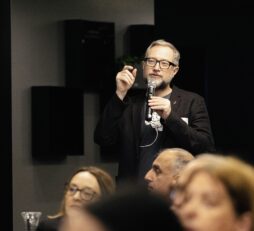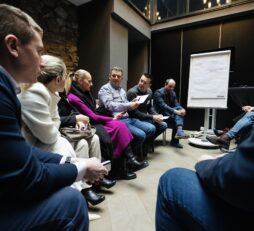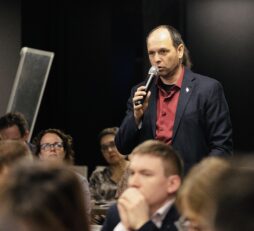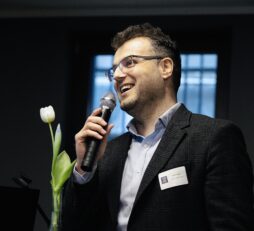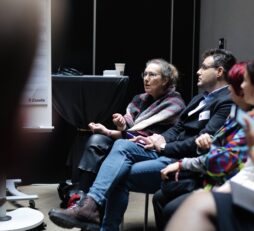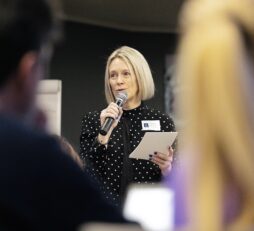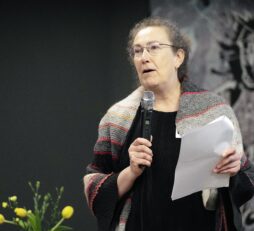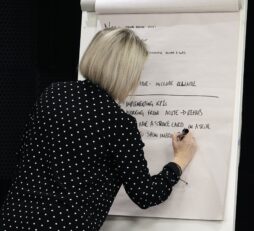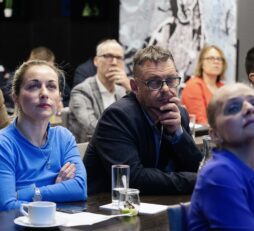Meetings and Workshops
National Coordinator Meeting | 20-22 January 2025 | Sofia, Bulgaria
From 20-22 January 2025, SAP-E National Coordinators gathered once again for the third in-person workshop, this time held in Sofia, Bulgaria.
Bringing together 78 delegates from 39 countries, the meeting served as an important opportunity to exchange progress and challenges encountered in the national implementation of the Stroke Action Plan throughout 2023. With a programme combining expert lectures, interactive sessions, and focused group discussions, the event fostered a constructive and engaging environment, supporting our shared mission to lessen the impact of stroke across Europe.
Each Coordinator was also invited to highlight their country’s key developments in essential stroke care over the past year, showcasing their strong commitment to the SAP-E initiative.
Photo Gallery
National Coordinator Meeting | 29-31 January 2024 | Lisbon, Portugal
For the second time, SAP-E National Coordinators met for an in-person workshop organised in Lisbon, Portugal from 29-31 January 2024.
Playing a vital role in promoting stroke awareness, prevention, treatment, and care in their respective countries, 60 delegates representing 35 countries came together to share vital insights regarding national accomplishments and obstacles in their implementation of the Stroke Action Plan in 2023. The programme structured around lectures, interactive sessions and breakout discussions fostered a productive and collaborative atmosphere, yielding valuable insights that will advance our shared objective of reducing the burden of stroke in Europe.
All Coordinators were also invited to present their respective national advances in all basic stroke care fields in 2023, providing a glimpse of their dedication to the SAP-E work.
Photo Gallery
National Coordinator Meeting | 20-22 March 2023 | Riga, Latvia
SAP-E National Coordinators met in person for the first time in Riga, Latvia on 20-22 March 2023.
The aim of this inaugural meeting was to serve as a forum for energising National Coordinators, building cohesion within regional groups, and exchanging invaluable information about our successes and challenges in implementing SAP-E. Based on a pre-meeting survey designed around the National Coordinators’ expectations, we reviewed our progress against key performance indicators and facilitated collaborative discussions to map out actionable steps for the years ahead. From sharing best practices on life after stroke to agreeing on prioritised goals by region, the meeting provided participants with a significant opportunity to build on the tools necessary to continue SAP-E work.
Read the participant report by Nune Yeghiazaryan, National Coordinator for Armenia
Photo Gallery
SAP-E Tools Overviews
The Essentials of Stroke Care
Prof. Thorsten Steiner is a member of the ESO Executive Committee, who coordinated the creation of “SAP-E Essentials of Stroke Care: An overview of evidence-based interventions covering the entire chain of stroke care”. In this short video, he talks about the importance of this document for patients and their caregivers towards the implementation of the SAP-E.
The Stroke Service Tracker
Prof. Hanne Christensen, Chair of the SAP-E Steering Committee, discusses her vision for the Stroke Service Tracker, its use in institutes across Europe, and the difference it will make to stroke patients and survivors.
Online Implementation Workshops | 2020-2022
SAP-E Online Implementation Workshop III
18 January 2022
Topics of discussion centred on the Stroke Service Tracker (SST): collective objectives for the SST, methods for data entry, and Q&A from National Coordinators.
SAP-E Online Implementation Workshop II
30 November 2021
SAP-E National Coordinators met to give feedback on the National Stroke Plan document, and discuss topics within break-out groups including the current status of a national plan, implementation methods, and ensuring that national plans include the entire pathway of care.
Implementing SAP-E Together
19 October 2021
Moderators Hanne Christensen and Urs Fischer discuss the overarching targets of the SAP-E domains.
SAP-E Online Implementation Workshop I
5 October 2021
The online workshop shared success and building momentum on SAP-E implementation with National Coordinators. Topics of discussion: SAP-E country commitments and the Declaration, progress since European Stroke Awareness Day, update on best practices and why advocacy is so important.
SAP-E Kick-off Meeting II
11 November 2020
The first working meeting was organised to discuss the roll-out of the SAP-E implementation with National Coordinators. Topics of discussion included best practices (ESO-East, the Swiss Stroke Center Certification and the Danish Stroke Registry), tasks of National Coordinators and how to involve patients and health authorities in national implementation strategies.
SAP-E Kick-off Meeting I
8 September 2020
The Kick-off Meeting highlighted the four following overarching targets that have been set for 2030:
- to reduce the absolute number of strokes in Europe by 10%
- to treat 90% or more of all patients with stroke in Europe in a dedicated stroke unit as the first level of care
- to have national plans for stroke encompassing the entire chain of care from primary prevention to life after stroke
- to fully implement national strategies for multisector public health interventions to promote and facilitate a healthy lifestyle, and reduce environmental (including air pollution), socioeconomic and educational factors that increase the risk of stroke.

